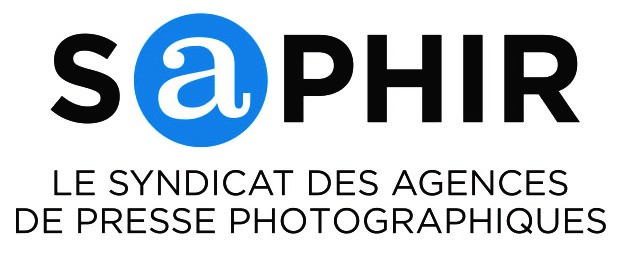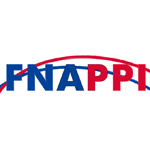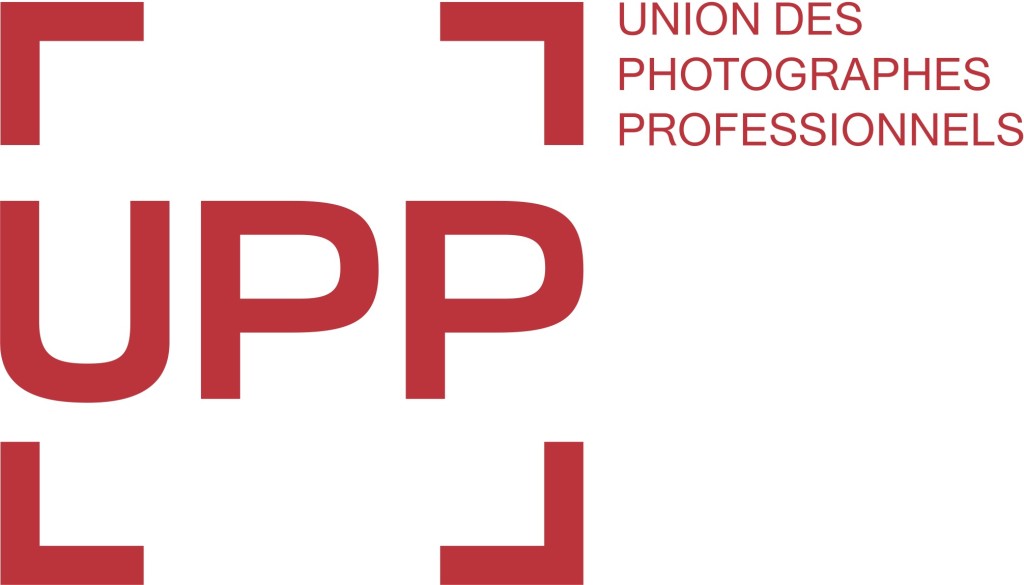CEPIC member BLF, together with three other organizations (Photographers’ trade association, Illustrators’ trade association and journalists trade association) got the following article published in a media branch magazine:http://www.dagensmedia.se/experter/debatt/oskaliga-avtal-raddar-inte-mediebranschen-6247598
We provide the English translation below.
Unfair contract will not save the media industry
Svenska Tecknare – Swedish illustrators
Svenska Fotografers förbund – Swedish Photographer’s assosiation
BLF
Journalistförbundet – Journalist’s union
DEBATE. Hiring freelancers is to enter into a business agreement. Such an agreement must be entered into with respect, write the representatives of four trade associations representing freelancers.
The structural change in the media industry requires new solutions. One is that media companies are increasingly using the freelancer – self-employed workers who perform work in place of the employees. The problem is that the conditions for freelancers have significantly deteriorated.
Our four organizations represent freelance reporters, photographers and illustrators …Hiring a freelancer is to enter into a business agreement and such must be concluded with respect. Modern business agreements can not build on the stronger party seeking to impose unfair terms to the the weaker one.

What the media companies are increasingly doing is encouraging their freelance employees to buy out their copyright in perpetuity. Not infrequently, these unreasonable conditions are enforced by threatening the freelancers by that they will not get more contracts if they do not agree to the terms of the new contract.
The new agreement will replace all previous agreements between the parties and the works may be republished unlimited times in all media channels, the Group has and also leased to outside companies. Aller Media, LRF Media and Bonnier Magazines are examples of media companies that recently launched variations on these agreements.
Freelancers have rarely or never the opportunity to negotiate terms that deviate from these standard contracts.
The trend is clear. Media companies want to have the freedom to hire freelancers, especially in comparison with hiring staff, but also limit their ability, as independent traders, to make money on their material. They want flexibility and control. In other words, the media companies want to have your cake and still eat it.
On top of this, the freelance ‘ground’ fees have not risen for many years in large parts of the media industry, therefore de facto decreased. We ask ourselves how media companies think that anyone should be able to support themselves by providing them with qualified materials.
Development is not just a problem for the individual entrepreneur’s opportunity to make a living. The unfair contracts also mean greater uncertainty for the private or public persons presenting themselves for example, an interview or a report in any of media titles. Maybe it’s about a person who set up thanks to a long and trusting relationship with a particular freelancer and a certain newspaper. There can now be no assurance that the photographed, stood or persons interviewed do not show up in other titles within the same group or indeed in quite another context.
Media companies unfair contracts destroy relationships – both with their own freelance employees and those people corporate magazines talk about.
This is not fair. We have set a new standard for how contracts are written between media companies and freelancers – a standard that enables business development for both media companies and their freelance employees. How the material will be used must be carefully specified and temporally limited. The copyright assignment should be priced. The fees must be reasonable in relation to the cost of the work involved.
The copyright ought to be a common issue for our organizations and media companies. To protect copyright and prosecuting copyright infringement is of course in the interest of media companies. But it is hard to see how any joint struggle on this issue can be possible as long as companies persist in presenting draft contract where the value of the copyright assignment amounts to nothing.
As regards the fees there is still a widespread ignorance among the industry’s clients on their own business conditions. One tool that can help companies set the right fee is a freelance Journalist calculator, where a fee may be derived from an imaginary starting salary taking into account all costs involved in running their own business. We also believe that the model of collective agreements for the self-employed, negotiated by freelance DEVICES and media companies and organizations, is a possible way to come to create order and a better balance between the parties in the media industry.
Our four organizations work persistently, together and individually, to improve conditions for media industry freelancers – the price lists and remuneration recommendations, through collective agreements and individual legal support, as well as through advocacy and direct contacts with companies. That we are in a radically changed media landscape is equally clear to us and our members who of the operators. But the modern media landscape also requires modern contractual relationships – not old-fashioned claim to power.
















